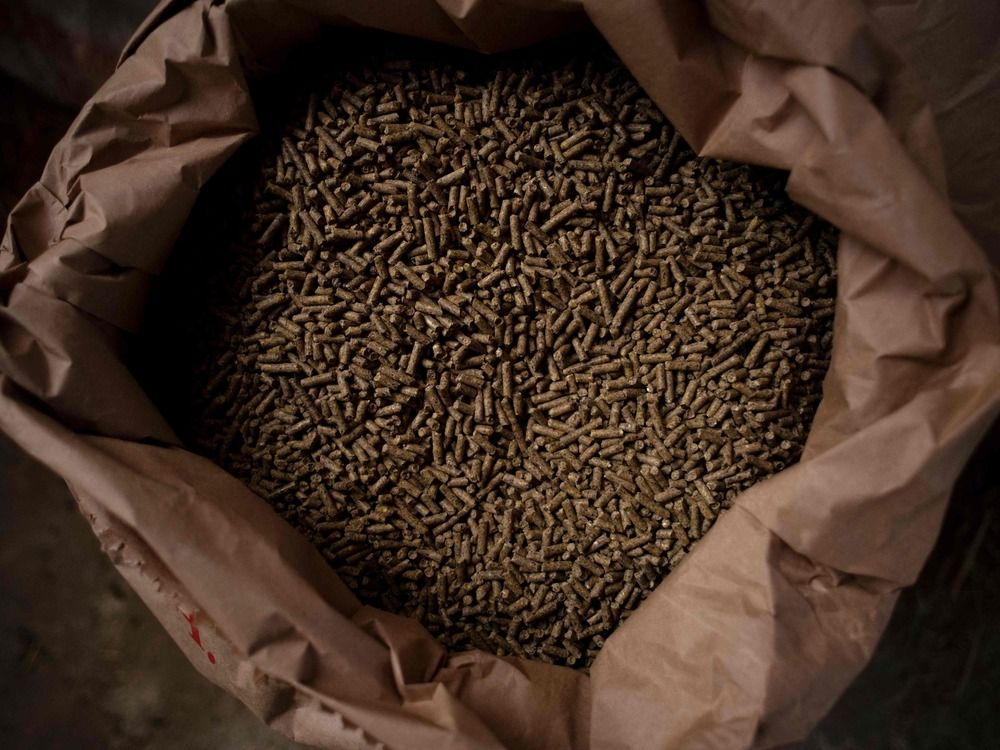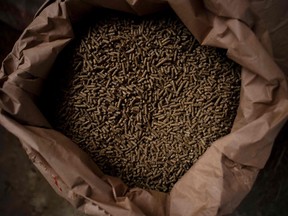Russia’s invasion of Ukraine could cause spike in global hunger, UN warns

Global number of undernourished people may rise by as many as 13 million next year

Article content
The United Nations is warning that the Russian invasion of Ukraine could cause the global tally of undernourished people to spike by as many as 13 million next year.
Advertisement 2
Story continues below
Article content
The war has destabilized a key growing region for the global production of grain, oilseeds and fertilizer, where Ukraine and Russia make up a third of the world’s cereal exports. As the invasion drags into its third week, the UN’s Food and Agriculture Organization (FAO) expressed concern that Ukrainian farmers won’t be able to plant seeds this spring or harvest a strong winter wheat crop expected in June. Even if they could, port closures in the Black Sea have choked off the main global access point to the country’s exports.
FAO Director-General Qu Dongyu said production disruptions are “likely” in the region. And any steep drop-off in exports will threaten to “seriously escalate food insecurity globally” at a time when the price of grain, oilseeds, fuel and fertilizer are already surging. Global prices for wheat and barley already jumped 31 per cent in 2021, he said in a statement on Friday, urging grain-growing nations to resist the urge to protect domestic supply by banning exports.
Advertisement 3
Story continues below
Article content
“Before enacting any measures to secure food supply, governments must consider their potential effects on international markets,” he said.
Losing exports from Ukraine and Russia would seriously constrict the global grain supply, Qu said.
The system is already at the edges of what it can tolerate
Evan Fraser
“It is still unclear whether other exporters would be able to fill this gap,” he said. “Wheat inventories are already running low in Canada, and exports from the United States, Argentina and other countries are likely to be limited as government will try to ensure domestic supply.”
The world’s top wheat importers — including Egypt, Turkey and Iran — would be forced to look elsewhere to replace Russian and Ukrainian products, driving up the price and making it even harder for developing countries to secure shipments. Some of the countries most dependent on Ukrainian and Russian grains are already facing food insecurity, including Yemen and Libya, according to the FAO.
Advertisement 4
Story continues below
Article content
-

Grocery bills heading higher as Ukraine conflict continues
-

UN warns of growing food crisis in Ukraine
-

Mrs. Dunster’s dilemma: Volatile wheat market is putting the squeeze on bakers
-

Canadian farmers face volatility as war in Ukraine creates swings in global market for grains, oilseeds
“The system is already at the edges of what it can tolerate,” said Evan Fraser, director of the Arrell Food Institute at the University of Guelph. Canada’s grain stores could have normally offset an emergency of this kind in Ukraine, or vice versa, but last year’s extreme drought across the Prairies means Canadian don’t have much left over in storage. “The normal buffers in the system aren’t there,” he said in an interview earlier this week. “We don’t have those options right now. I just think it might be bad.”
FAO simulations suggest that a prolonged disruption to the region’s food production would increase the number of undernourished people by eight to 13 million in 2022/23, “with the most pronounced increases taking place in Asia-Pacific, followed by sub-Saharan Africa, and the Near East and North Africa,” according to an extensive report released by the FAO on Friday.
• Email: [email protected] | Twitter: jakeedmiston
Advertisement
Story continues below









